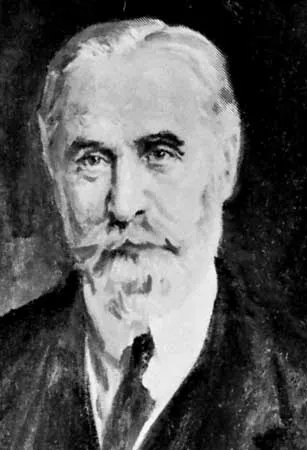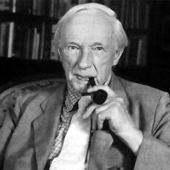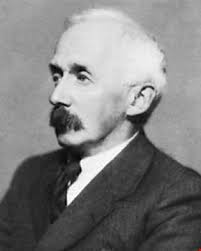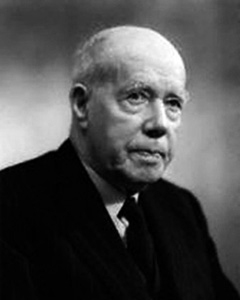Key scholars
1/5
There's no tags or description
Looks like no tags are added yet.
Name | Mastery | Learn | Test | Matching | Spaced |
|---|
No study sessions yet.
6 Terms

F.H. Bradley (Ethical Naturalism)
moral truths about the world can be proved
therefore moral language can be factual
ethical terms can be defined using empirical knowledge/sense experience

G.E. Moore (intuitionism)
we know what yellow is and can recognise but not define it - in the same way, we know what ‘good’ is but can’t actually define it
moral judgements cannot be proven but that doesn’t make them untrue

H.A. Prichard (intuitionism)
intuitive knowledge of moral terms were ‘direct knowledge by rational insight’
tried to give a reason to account for moral disagreements and how they could be resolved: when our opinions clash we can intuit our primary duty
two different types of thinking:
reason: collects information and facts
intuition: decides what to do based on the information available

W.D. Ross (intuitionism)
agreed we cannot define moral terms
believed our intuition works based on seven prima facie duties, known intrinsically (and are self-evident)

A.J. Ayer (emotivism)
ethical statements are non-natural
teach us nothing about the natural world
ethical statements ‘are calculated to arouse feelings and to stimulate action’

C.L. Stevenson (emotivism)
all ethical language seeks to express a person’s attitude or belief about something + approval/disapproval
when a person expresses their moral beliefs they are trying to get someone to agree with them